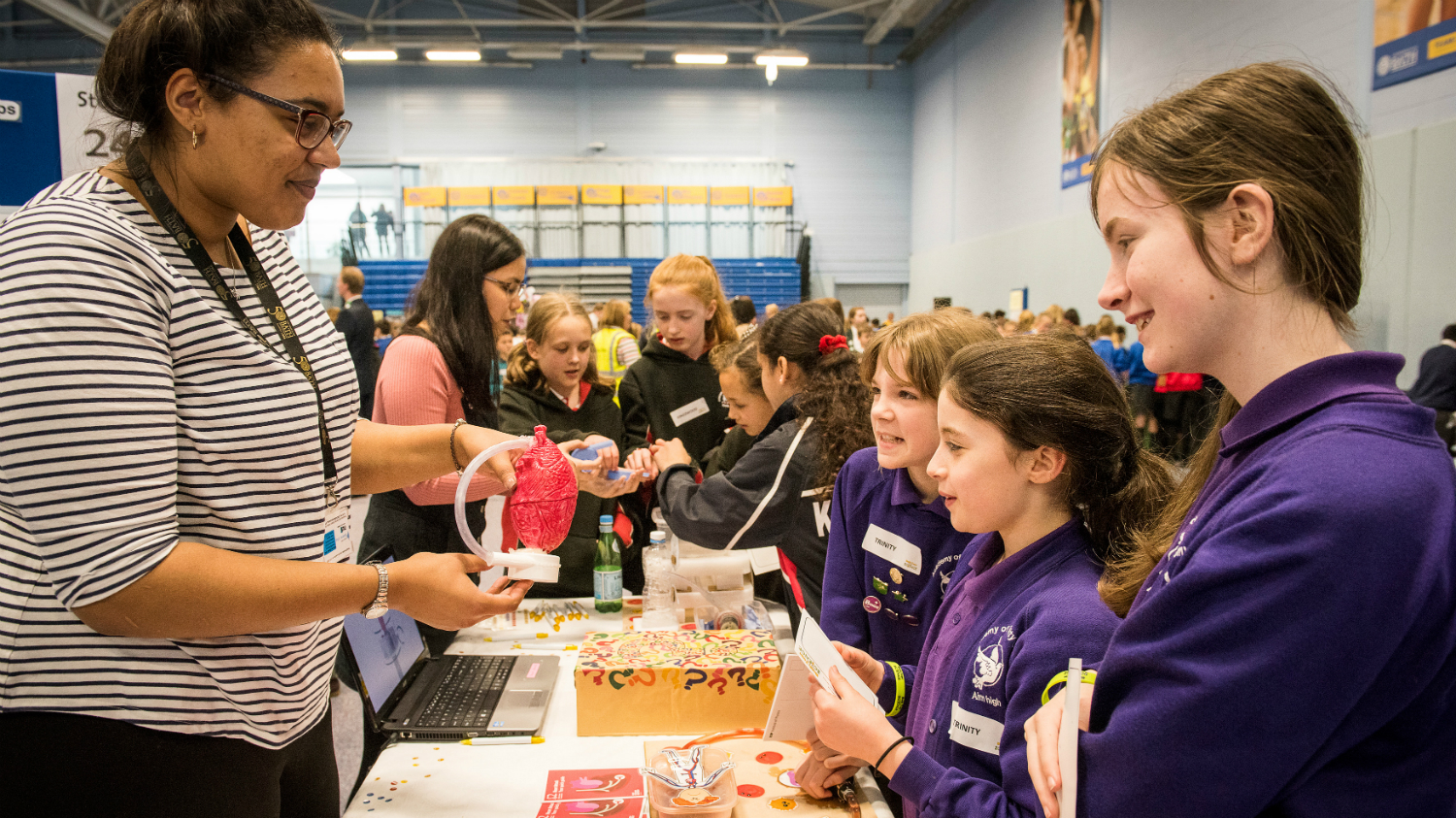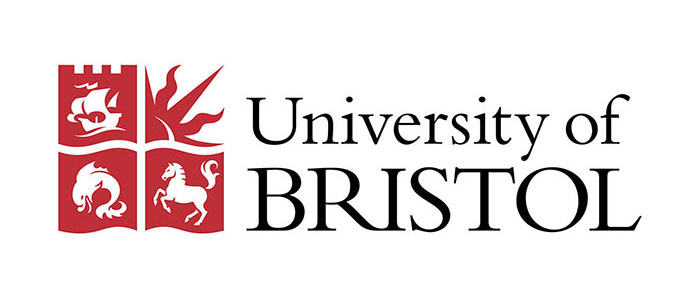
Royal Institution/Bath Masterclasses 2023

General instructions
Masterclass Schedule
Code of Conduct
January 28th Cecile Mailler and Sarah Penington Algorithms without a computer
Presentation
Worksheet 1
Worksheet 2
In this masterclass, we will learn the basics of programming using only
pen and paper, and think about how to make the algorithms we design
as efficient as possible.
In particular, we will look at different
methods for finding prime factors and sorting a shuffled deck of cards,
and then compare their efficiency.
February 4th James Davenport Cryptography
The usual code, both in fiction and in real life, is “symmetric” or “private key” cryptography. The two participants share a secret known as the key. The sender uses the key to encode the message to get the coded message, sends the coded message to the recipient, who uses the key to decode this and read the message. The opponent can get the coded message, and tries to work out the key, so as to read (“break”) the message. There are many variants of symmetric cryptography, and we’ll explore a few.
But in the Internet world, this doesn’t quite work. Whether it’s Internet shopping or Zoom lessons, you and the other end don’t share a secret key. Hence we need a different idea, which is due to Diffie and Hellman in 1976. It is “asymmetric” or “public key” cryptography, where we don’t need a shared secret. We’ll see how this works. A further challenge is whether we talking to the right person. Again, public-key cryptography (but a different idea) can come to the rescue.
Please bring a Mobile Phone if you have one
Worksheet 1
Worksheet 2
February 25th Karol Bacik and Christian
Rohrbeck Recursion: On cauliflowers, snails and dragons
Recursion may sound like an off-putting mathematical term,
but all you need to understand it is… a cauliflower.
If you cut out one floret, you may notice that it looks very much like the whole vegetable, just smaller. Take the floret apart, and what you get is a tiny copy of the cauliflower again. In this sense, cauliflowers are a bit like Matryoshka dolls, one inside another. This repetitive action, where we keep splitting cauliflower into smaller and smaller pieces, is just one example of a recursive process. In this masterclass, we will introduce the mathematical basics of recursion, and discuss some other recursive objects,
such as snail shells or dragons made from a sheet of paper.
Presentation
Worksheet
March 4th Mark Lewis How to a-maze your friends
A masterclass looking at mazes. We will use look at how maths can help us to model and solve complex mazes. In particular, we’ll investigate how we can create our own mazes from initial seeds by following an
algorithm and how we might be able to use maths to help us solve mazes.
Presentation
Worksheet
March 11th Benjamin Galbally Seeing Behind the Curtain... a crash course in Group Theory
In mathematics, we often find that things which at a first glance
appear different may in fact behave in a similar way.
Over the course of the masterclass, we will investigate the properties
of remainders, symmetries of regular shapes,
and reorderings of numbers and reveal a surprising connection.
Presentation
Instructions 1
Worksheet 1
Instructions 2
Worksheet 2
March 18th Communicating Maths Students Play to Win
Presentation
Nim
Worksheet 1
Worksheet 2
March 25th Communicating Maths Students Fractals
Fractals
Sticks
Worksheet 1
Nets
Worksheet 2
Our sponsors





Chris Budd OBE, January 2023






